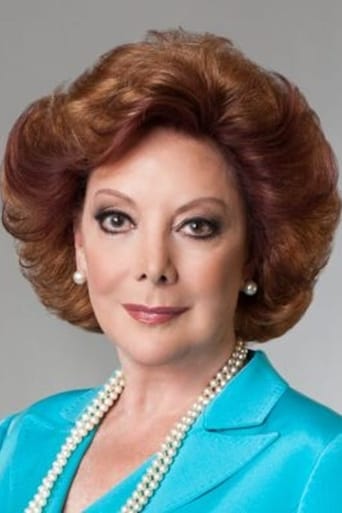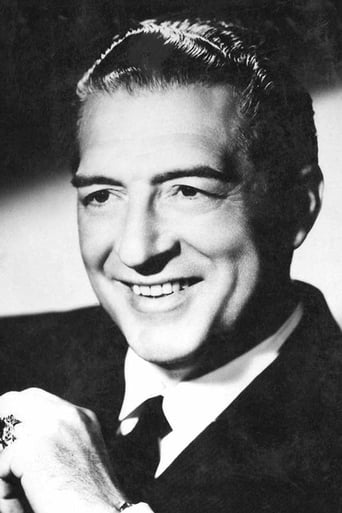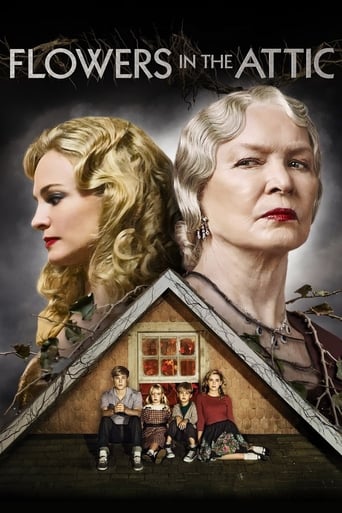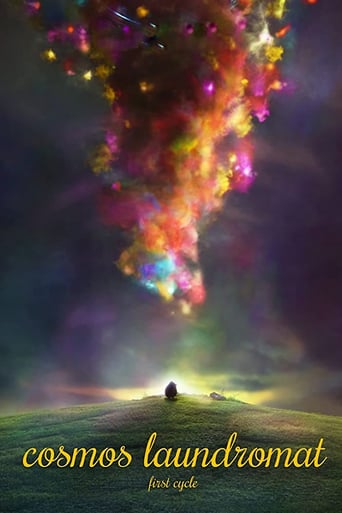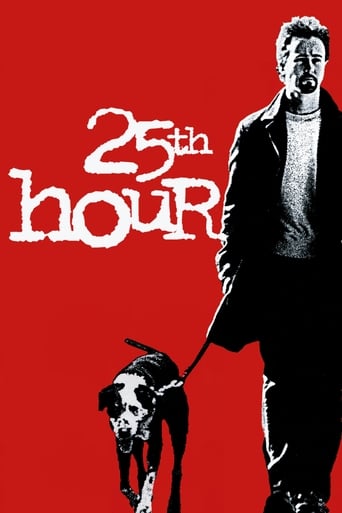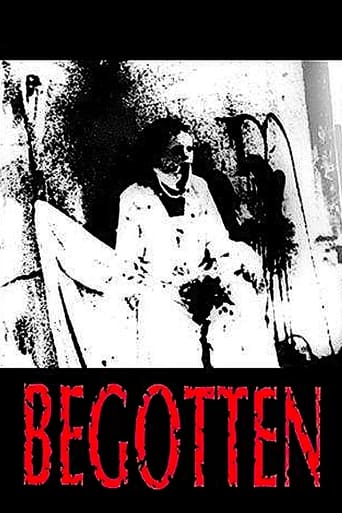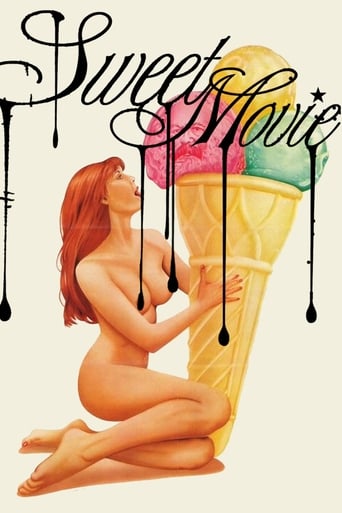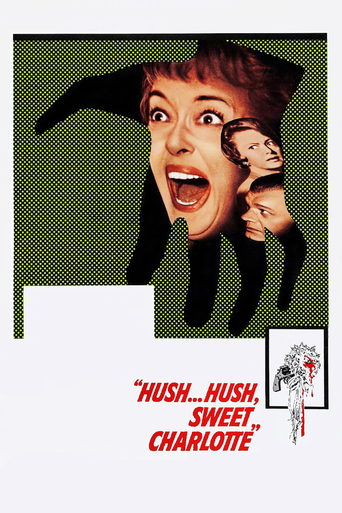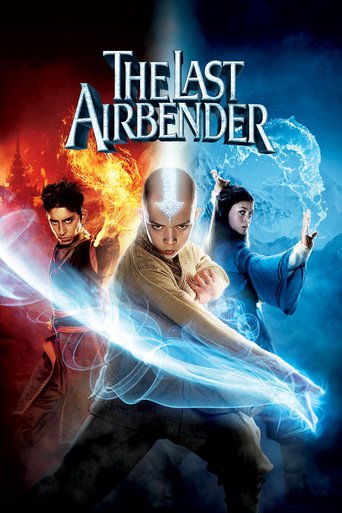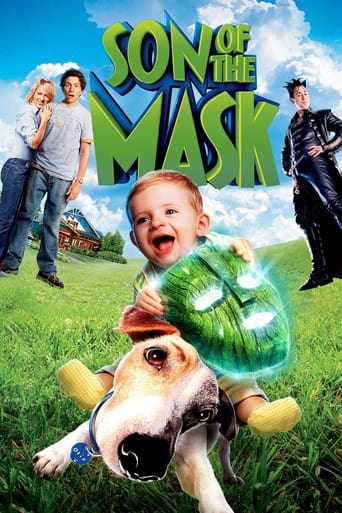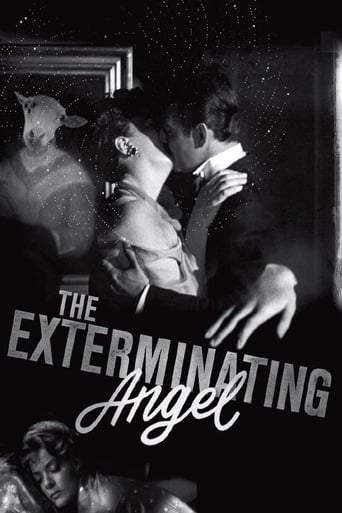
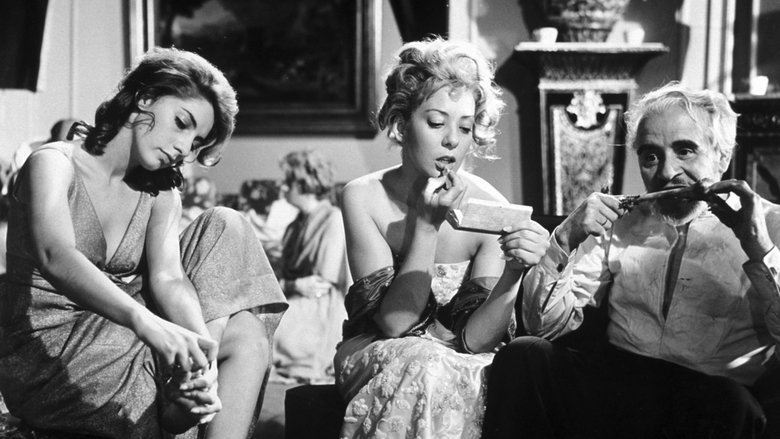
The Exterminating Angel (1962)
After a lavish dinner party, the guests find themselves mysteriously unable to leave the room.
Watch Trailer
Cast


Similar titles
Reviews
Some movies by Luis Buñuel are at first sight an incongruous mixture of realistic, surrealistic, (anti)religious, sexual and dream elements. However, in his carefully concocted screenplays, no text, no image, no character, no sequence doesn't have a meaning, not always a logical one, but at least an associative one. Hereafter, a modest contribution to the many interpretations already published about 'The Exterminating Angel'. We should not forget that the screenplay of this movie is based on an unfinished play by José Bergamin, a catholic and Marxist.In 'Providence street' a group of upper class people (pars pro toto) gets trapped in a house after a dinner party given by the soprano Lucia after her performance as 'Lucia', the main role in the opera 'Lucia di Lammermoor' by G. Donizetti. The libretto of the opera, based on a novel by Walter Scott, contains a bad (forced) marriage, a mad scene, a ghost and a suicide, all elements used in the movie. Before the dinner party began, all members of the underclass (the servants) had left the house for all kinds of reasons, except the majordomo ('a clown'). At night, the guests don't want to leave the house and prefer to stay inside it during the whole night. In the morning, they find out that they are trapped inside. A journey into 'the disintegration of human dignity' begins. Without their servants, the upper class members are not capable of organizing a normal way of life. Their mansion doesn't become a paradise, despite the playing of a piano piece by Pietro Domenico 'Paradisi' and despite a cabalistic ritual, amulets (chicken feet) or even a Masonic cry. The inhabitants are confronted with other living 'symbols' inside the house: a bear (violence) and sheep (victims). The latter will be slaughtered in order to save the party members from starvation.The spell is broken when a party member can reconstruct the past, the beginning of the ordeal. They can turn the time back and leave their prison. Their liberation is celebrated with a 'Te Deum' mass. When they come out of the church, they see another spectacle: common people are shot down by their long arm, the police. The plebs is offering itself up to the existing powers like sheep, of which a long row enters the church in a holy procession. The opportunity of a power grab has been missed. The angel is still exterminating the underclasses.
The guests at an upper-class dinner party find themselves unable to leave.Following the Viridiana scandal, Buñuel returned to Mexico, but kept his production team and decided to make another movie starring Silvia Pinal. The film, originally called The Outcasts of Providence Street, was renamed The Exterminating Angel after Buñuel picked it from an unfinished play his friend José Bergamín was writing at the time. The film was released in Mexico in 1962, and was just as controversial as its predecessor had been.Bunuel is a strange guy. Of course, he always was, really making his name on such crazy projects as "Un Chien Andelou" and "Age D'Or". In his later years, he seemed to really switch to a more Marxist outlook and was quick to satirize class and religion. Here he does that well. I would not say this is my favorite of his films, and possibly not top three, but it still deserves to be seen.
A Bruñuel school's invitation is always becoming for any cinephile's reservoir, currently this film marks my fourth entrance into his territory after the lesser approachable THE MILKY WAY (1969, 6/10), THE EXTERMINATING ANGEL is an outstanding surrealism allegory, Bruñuel maneuvers a sleight of hand with sheer simplicity, the entire story is predominantly crammed in a living room of a regal mansion, the owners Lucía (Gallardo) and Edmundo (Rambal) host a dinner party for 20 middle-class guests. Bizarrely the party never ends, all of them, with the steward Julio (Brook) are incarcerated in the living room, whoever intends to get out of the room, will involuntarily alter his mind to stay, meanwhile for the people outside, the same mysteriously inexplicable force hedges them from entering too. Trapped in this claustrophobic space, the coexistence turns sour with time ruthless consuming the sustenance, the energy and the etiquette, simultaneously squabbles, vituperation, oneiric hallucinations, suicidal tendency and roughhousing all come to the fore (Bruñuel could go to extreme with cannibalism but he chose to refrain), the procedure of everyone takes off their facade and betrays their true self is excruciatingly riveting, the film could scale new heights as a superb probing essay on human nature if Bruñuel cared to exhume deeper to each character's meaty back-story (the fraternal hint, the flirtatious lady with terminal cancer, the undercurrent of adultery between the hostess and the Colonel, a votive trip to Lordes, the before/after reaction of taking the ulcer pills, not to mention the "La Valkiria" Leticia played by the first-billed Silvia Pinal, there are a slew of untold scandals are in need of elaboration). Instead the upshot is executed with a much murkier distinction, conspicuously they are all pawns in Bruñuel's storybook, it is rather an exacting task to distinguish all the different roles from a first-viewing, if only Robert Altman would do a remake, and expunge the political metaphor of the ending, then it would be transformed into a highly-watchable character analysis and an incisive farce with eye-dropping theatrical showpieces.Of course Bruñuel's mastery is omnipresent in the film, the superimposition shot of a clear sky upon a facial portrait, the outlandish amalgam of lambs and a baby bear, and the creative approach to offer a vent to let them out (a Paradisi's sonata is the turning point), until the climax, we all realize it is just a trial run, and the denouement is a dual indictment on undiscerning religious belief and the political status quo at then, pepped up with a palpable feeling of hopelessness. Also the slap to the bourgeois is loud and clear since the film's opening, it is the servants who are sentient of the pending uncanniness, and urge to leave the house as soon as possible, only the obtuse are being entrapped by the almighty trickster. Then what happens to the hoi polloi in the church? The purge is more generic or we should merely stop over-interpretation? Anyway who needs a concrete answer as long as Bruñuel is concerned.
Although this film is considered a classic, it's filled with political symbolism that is no longer relevant. When you subtract that, you end up with a 95 minute episode of the Twilight Zone. I was unable to have any compassion for the mysteriously trapped characters. I realize that their inability to understand why they are trapped is not supposed to be explained but it takes more adequate character development to make this an interesting situation to me. We only have moments of yelling, anger, frustration, non-sequiturs and unconvincing dialog. Supposedly there are moments of jealousy and betrayal but all this adds up to nothing. The ending is ridiculous without being funny and the ending after the ending was a predictable way to stretch the thin idea past 90 minutes.Yes, Luis Buñuel had an interesting career but I don't know why people consider this his best work.



